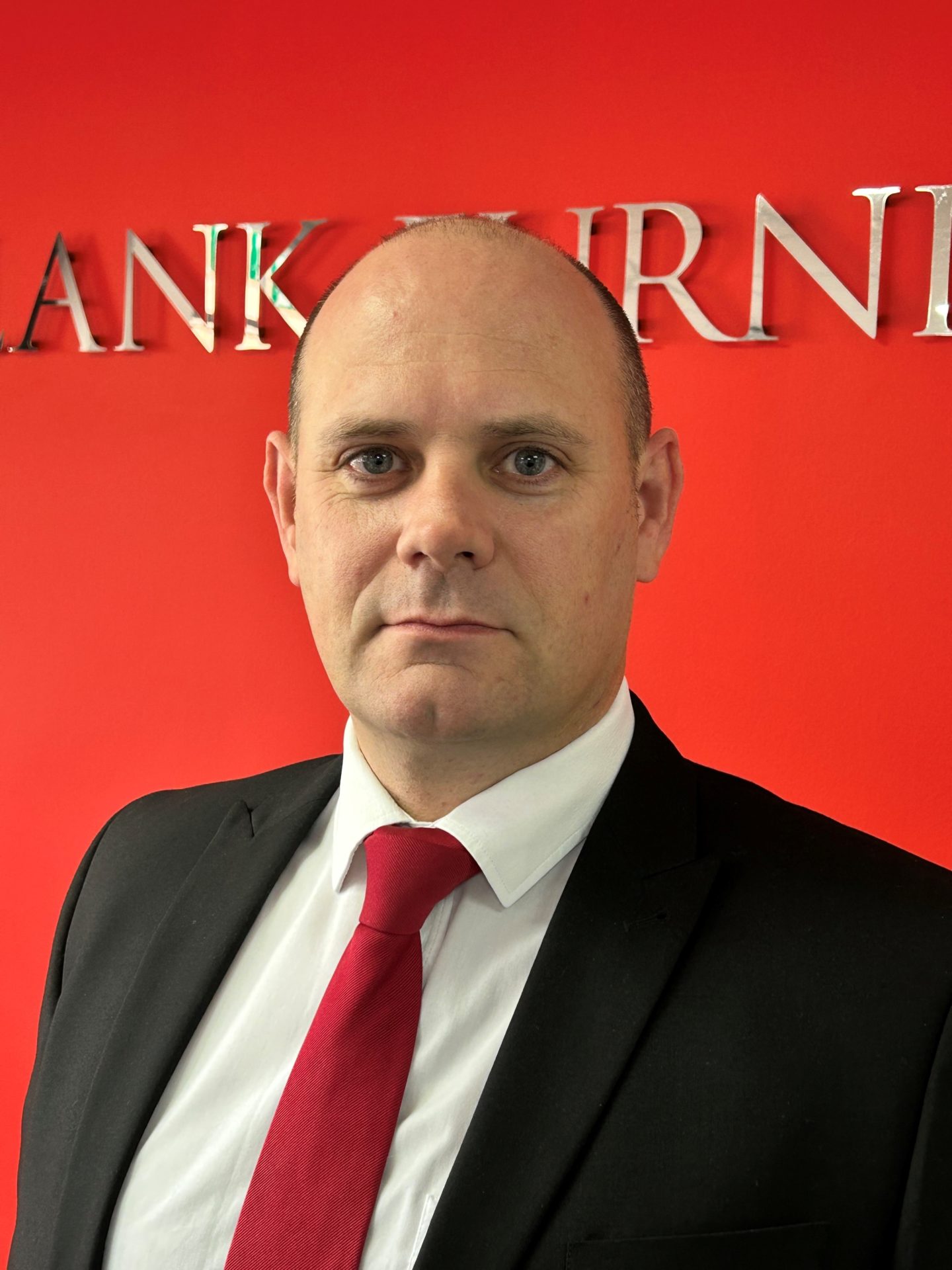A
ADR – Alternative Dispute Resolution; is an alternative to going to court. Provided in many different forms, ADR provides a solution that keeps costs low, appointments flexible and in a more informal setting.
Antecedent transaction – This is a transaction that occurs before a company undergoes an insolvent liquidation or administration. The court may look into this transaction and ‘set it aside’ if it falls under one of the set criteria. This usually means that assets return it to the insolvent company for the benefit of its creditors.
Arbitration – This is a form of ADR similar to, but more formal than, mediation. In this process, both sides will agree to appoint an impartial third party who will hear evidence over the disputed matter. From this, the third party will make a decision that will be legally binding on both parties.
C
Chattel Mortgage – Unlike a mortgage over land or buildings, under a Chattel Mortgage the lender takes security over movable property. This can include plant, machinery, expensive vehicles, precious metals and so on.
Company – a limited liability entity with a separate existence from its owners and directors. Usually these are for profit entities and ownership is by way of shares issues to its members/shareholders. It has a written constitution and, for all but the most unusually formed companies, obligations to make various filings at Companies House. The vast majority of companies registered are private limited companies. Public Limited Companies (PLCs) are subject to much stricter regulation and filing obligations. Information about individual companies, their directors and owners is available for free at companieshouse.gov.uk
Competition Law – Laws that ensure competition between business is fair. This can cover such areas as mergers that significantly reduce competition within a market, price fixing, cartel arrangements, exclusivity and other ties, dumping, and predatory pricing to build market share.
Conciliatory Law – A form of ADR that involves several meetings between the disgruntled parties. During these meetings, where both parties’ lawyers will be present, both sides get the opportunity to voice their objectives and issues, whilst listening to both sides legal advisers.
D
Debt factoring – This is the process of selling off trade debts that are owed to a company to improve its cashflow. A similar arrangement is invoice discounting, although in the latter case this is usually confidential, so the debtors don’t realise that the benefit of the debts is now in the hands of the lender. Sometimes the risk of the debts not being paid is the lender’s and sometimes it remains with the company. In the former case the lender charges more of the value of the company’s debts as its ongoing percentage commission.
Director – An individual who has been appointed by a company to run its business. They will be bound will duties to the company to ensure they act in its best interest. Executive Directors are employees of the company (their contract of employment is called a service contract) and are primarily responsible for its day to day running.
Dividend – These are profits paid out to the shareholders from time to time by the company.
F
Fixed Charge – This is a form of security over an asset (or class of assets) that usually prevents dealings in that asset without the consent of the chargeholder (a negative pledge) and gives the chargeholder a right to sell an asset and take the proceeds of that asset’s sale to the extent needed to satisfy a debt. A mortgage over land is a type of fixed charge.
Floating Charges – This is a form of security that is held (often as part of a debenture) that creates charges over assets that come and go in a business on a day to day basis – such as stock and book debts. It is difficult to take a fixed charge over such assets (as the business needs to be free to trade in the same) so a floating one is taken instead. Upon specific conditions being met, such as the borrower failing to pay the debt on time and giving notice of enforcement or upon insolvency event of some sort, the charge fixes (or ‘crystallises’) and further dealing with such assets by the company are no longer permitted.
Freehold – ownership of land outright rather than under a lease (NB there may be ground rent).
L
Leveraged Finance – Using third party debt to undertake a project.
Licence (property) – An agreement to let others use your property or part of it that affords the individual using the property very limited rights under Land Law.
M
Mediation – A form of ADR that seeks to reconcile parties. Similar to Arbitration an independent third party is selected by both parties but instead of deciding whose case is corrected the mediator seeks to help the parties reconcile their issues in a settlement.
O
Official Receiver – An individual who is appointed by the State in the absence of any other liquidator to gather in the assets of a company in the event of its liquidation. They owe duties to the company and the creditors during its wind up.
P
Partnership – Classically this is an unincorporated business carried on by two or more people with a view to making a profit (upon which the partners pay income tax in the normal way). A partnership is not a separate legal entity from its partners and they remain liable for all its debts (in contrast to a company). It is not registered at Companies House and may even be undocumented. A common hybrid of partnership and company (used by many professional firms) is a Limited Liability Partnership (LLP) which is very similar to a limited company in legal status and rules, but is taxed as a partnership.
Professional negligence – Failures of individuals in their professional capacity, such as lawyers, accountants, surveyors etc. These individuals are usually held to a higher standard of care than lay persons. In the medical profession there is very specific case law and separate statutory regulation and this area of law is usually referred to as Clinical Negligence.
R
Receivership – a receiver is appointed by a creditor with secured debt (a fixed and/or floating charge) and the job of the receiver is to recover the debt either by taking the secured asset and selling it or (as a receiver-manager) by running the business until the debt is paid off.
Refinancing – This is the process of replacing old debt with new debt under a fresh agreement (usually with a new lender).
Restrictive covenants (employment/corporate) – These are undertakings given by an employee or an owner of a business that, upon departure from an organisation, they will not compete with the organisation or for example poach staff/customers or suppliers away from it. In the case of employees, the restrictive covenants will be in the relevant contract of employment; in the case of owners selling their shares in a company they will be in the share sale agreement. They will be limited in time and geographical extent. If the restrictions are for a longer period than necessary or they are drafted too widely they will be held to be invalid.
Restrictive covenants (land) – These are agreements made between a seller and buyer of land where the buyer agrees not to carry out certain activities. These agreements can bind all future buyers of the property. If thy do ‘run with the land’ in this way they can be found in the charges register (for registered land) or title deeds (if the land is still unregistered).
S
Shareholder – An owner of shares in a company. Whilst they can make important decisions, such as removing a director and passing resolutions altering its constitution, their involvement in that capacity in the day to day running of the company is limited.
Share Option Scheme – This gives an employee an option to buy some shares in a company (often if there is a sale of it or if certain targets are met). These are usually shares which are a different class to those held by the majority owners and which do not have voting rights and must be transferred back if the employee leaves the company. The most common type of scheme is an Enterprise Management Incentive scheme (EMI Option) which, if available, is tax advantageous both for the company and the employee.
Small Self-Administered Scheme – Small self-administered pension schemes (SSAS) are generally set up to provide retirement benefits for a small number of a company’s directors and/or senior or key staff. They can be open to all employees and their family members, even if they don’t work for the employer. The number of members is generally no more than eleven people.
T
Traded Endowment Policy – This is where the long-term investment of an endowment policy is sold (legally assigned) by the owner to a buyer/investor before it expires. It may then be assigned to others to hold as an investment until it matures and payout is made under it. Endowment Policies were popular alternatives to repayment mortgages until the 2000s and could last up to 25 years and most have been surrendered or sold on by the original holders.
U
Unfair Dismissal – Where the dismissal of an employee takes place in a way that breaches statutory employment rights.
W
Wrongful Dismissal – Where the dismissal of an employee is made in breach of their contract.











